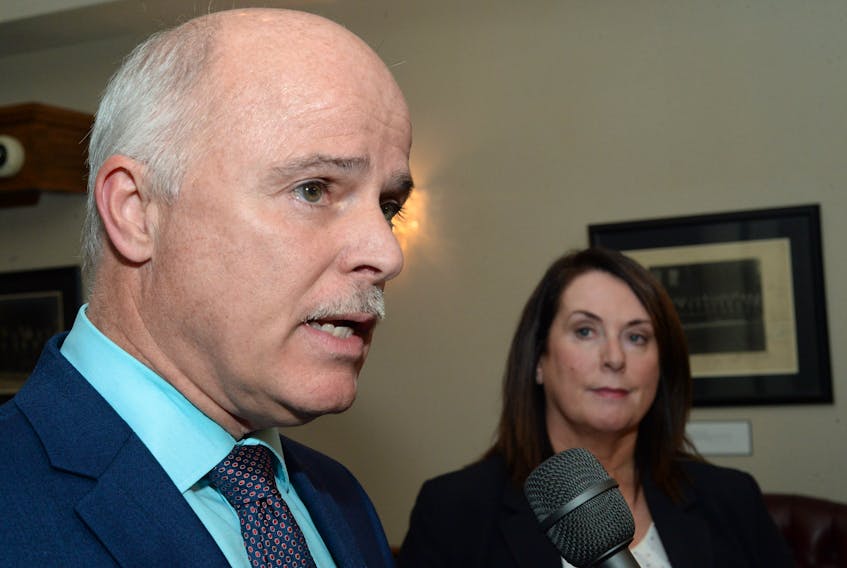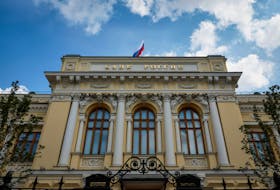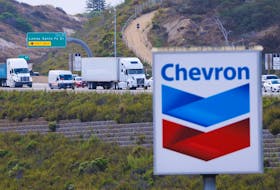A lighter carbon tax is “probably the only good thing for consumers in this province from Muskrat Falls,” according to Finance Minister Tom Osborne.
The provincial government outlined its federally approved carbon tax plan on Tuesday. The story isn’t so much what’s covered under the plan — but what’s been granted exemption.
First, at the fuel pumps, don’t expect a big change.
“There’s going to be less than a half-cent difference in what people are paying at the pumps today as a result of taxes as of Jan. 1,” said Osborne.
“The average consumer in the province, if you’re burning 150 litres of gas in a week, you’ll pay eight dollars a year difference to what you’re paying today.”
The base plan sees a $20 per tonne tax on carbon emissions.
The provincial gasoline tax will be reduced by four cents per litre, to be replaced by a federal carbon tax of 4.42 cent carbon tax. The five-cent-per litre tax on diesel will also be eliminated and replaced by a 5.32 cent federal carbon tax.
“There’s going to be less than a half-cent difference in what people are paying at the pumps today as a result of taxes as of Jan. 1,” said Osborne.
“The average consumer in the province, if you’re burning 150 litres of gas in a week, you’ll pay eight dollars a year difference to what you’re paying today.”
Further exemptions include: fuel used for offshore exploration; fuels sold on reserves to registered first nations communities; fuels sold in pre-packaged containers of 10 gallons or less; jet fuel; gas used for electricity generation; home heating fuels; for farming equipment; for forestry, for commercial fishing, for international or interprovincial trade, for aquaculture; for construction equipment; for manufacturing iron ore; or any fuel used to mineral exploration.
Big industry — and the big polluters — have their fingerprints all over the provincial plan. Large industrial facilities and large-scale electricity generation that emit more than 25,000 tonnes of greenhouse gas a year will be affected by the changes, but with caveats.
“We worked very closely with industry to try and protect our competitiveness and the jobs in this province,” said Natural Resources Minister Siobhan Coady.
“There will be performance standards. As part of those standards, they’ll have to lower their emissions by six per cent the first year, then eight, then 10, then 12. It will be an increasing amount of requirements under these emission standards.”
If a big polluter doesn’t meet those reduction targets, there’s another way out.
“If an emitter doesn’t meet those targets, they can choose to either put money in an emission reduction funds or they can buy credits that will be available because of the Holyrood closure,” said Coady.
In order to be granted all those exemptions, the provincial government used Muskrat Falls and the resulting green energy to argue for lesser regulations.
Osborne says once Muskrat Falls is online, the province will use 98 per cent green energy, meaning stricter standards were not required to meet federal emission reduction standards.
Annual emission reports will have to be filed on June 1 of every year, while the fund companies will pay into should they miss emission reduction targets will be publicly reported, as well.
Twitter: DavidMaherNL
Related story:
Federal carbon tax rebates will exceed the cost for most people affected









